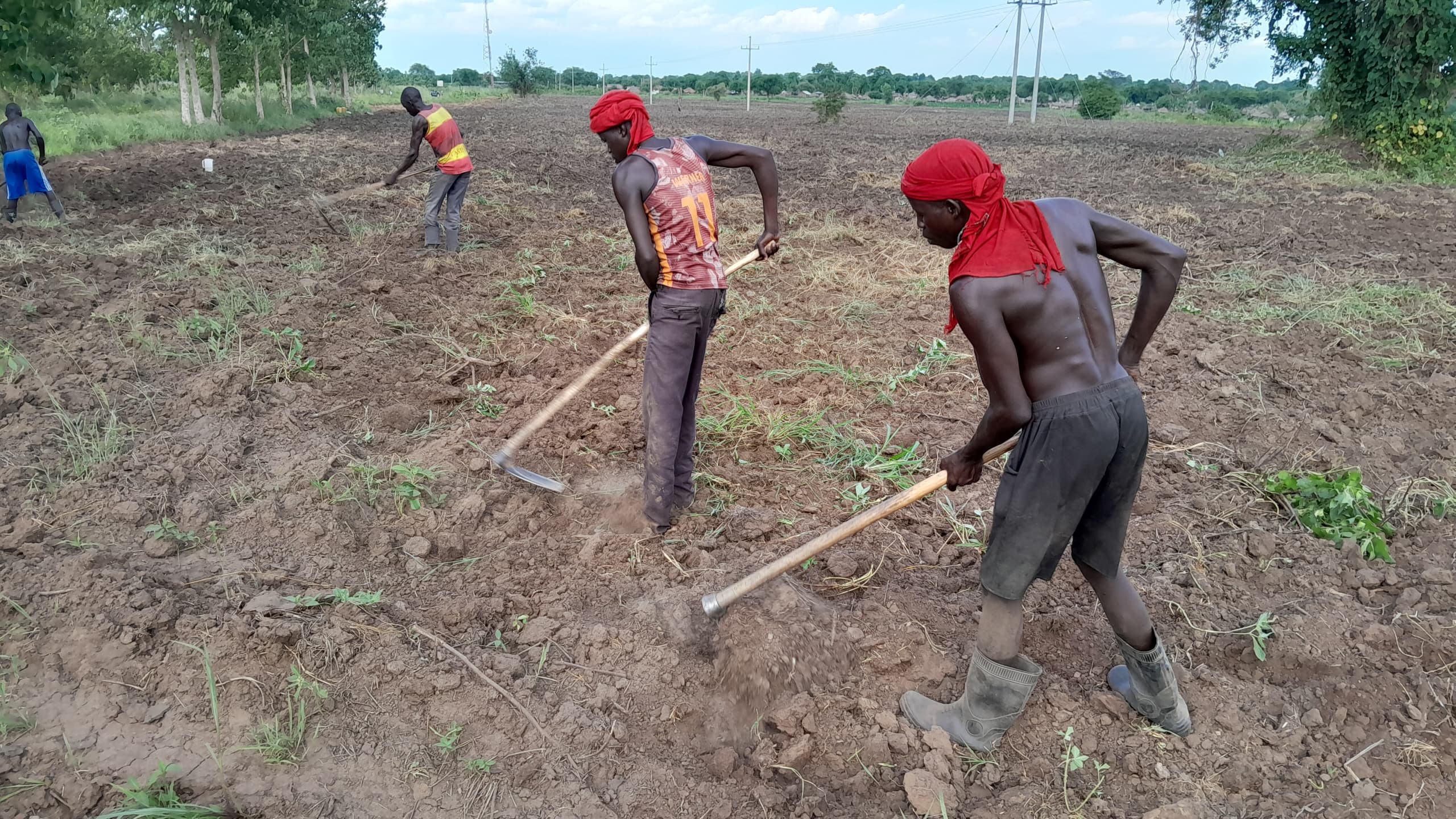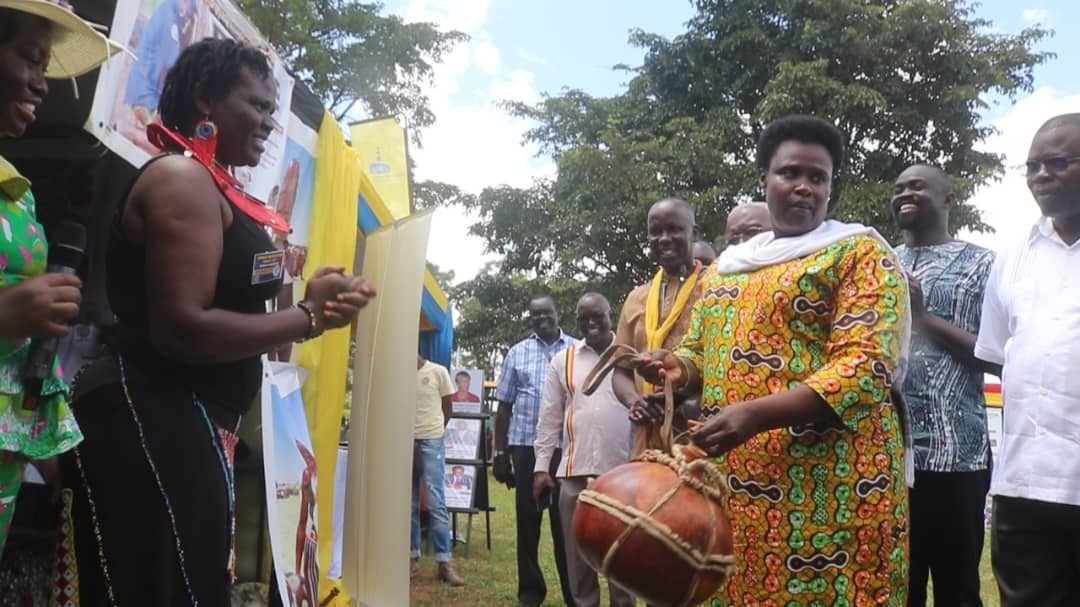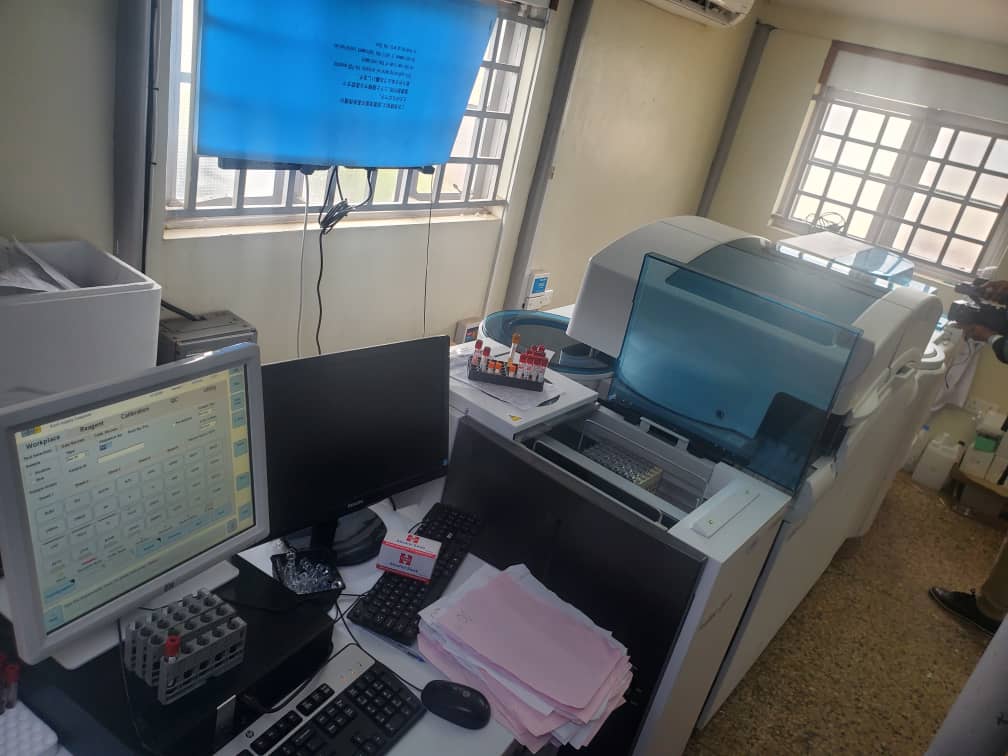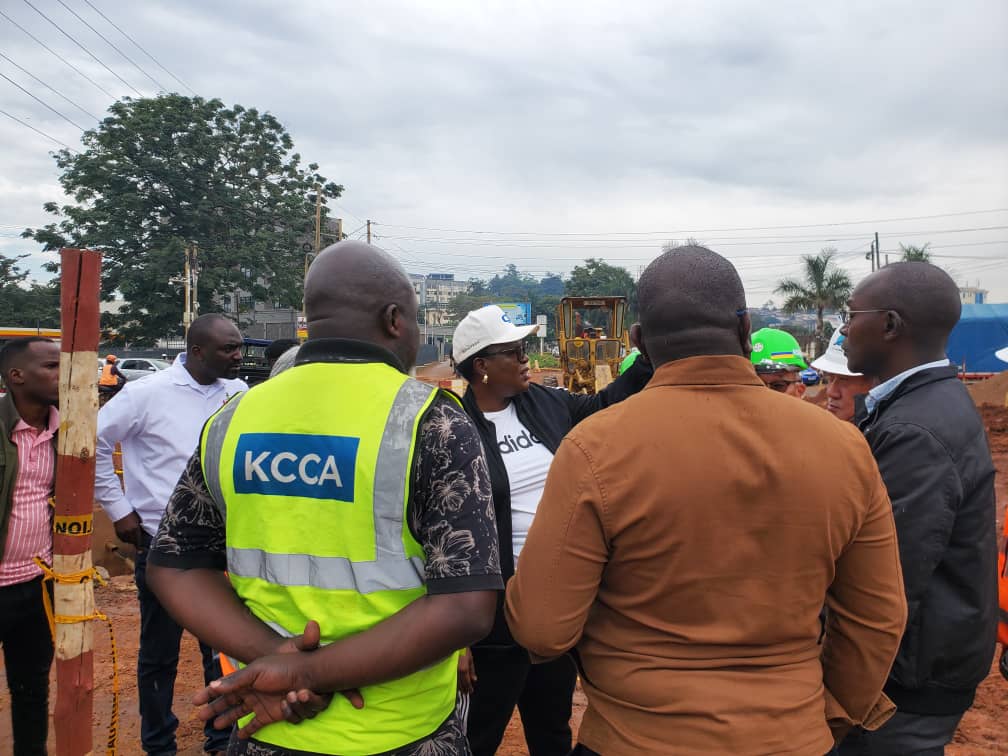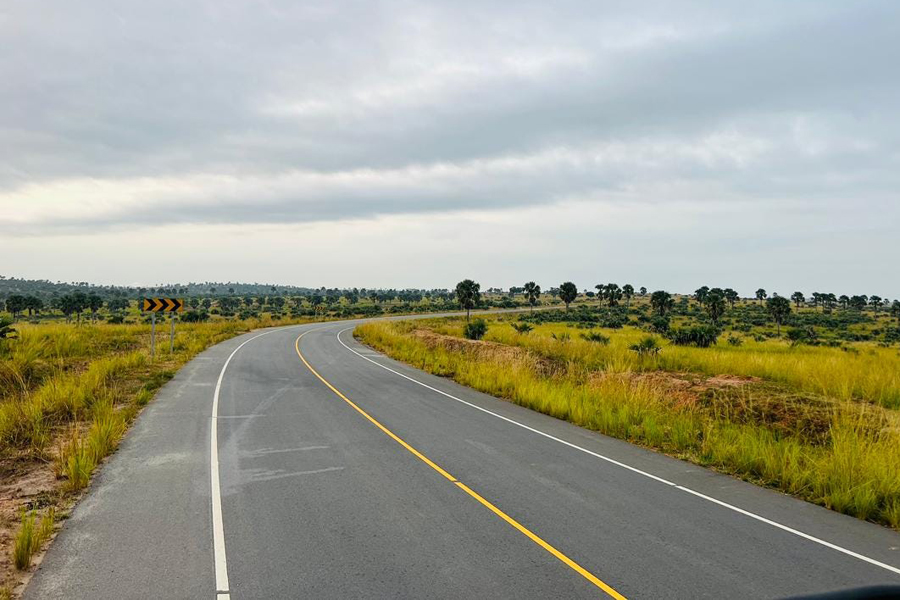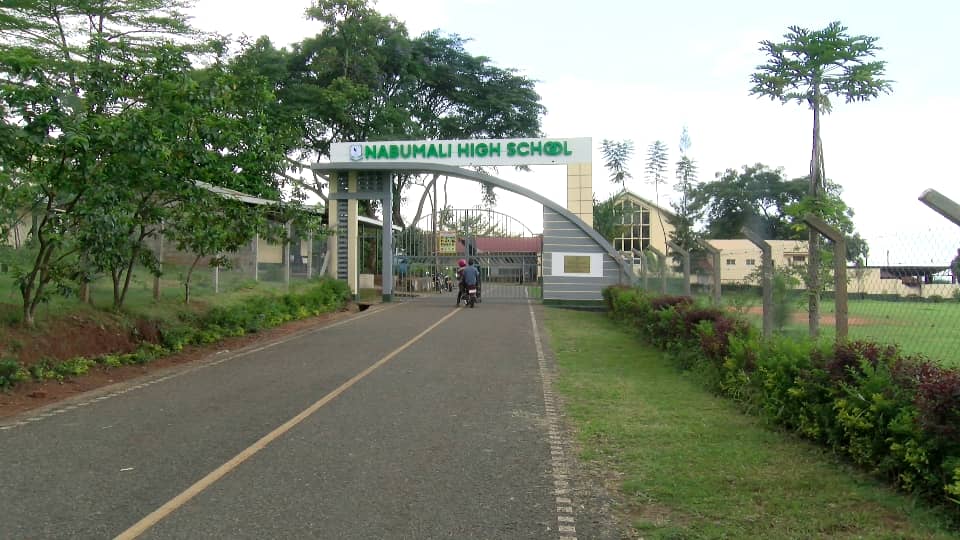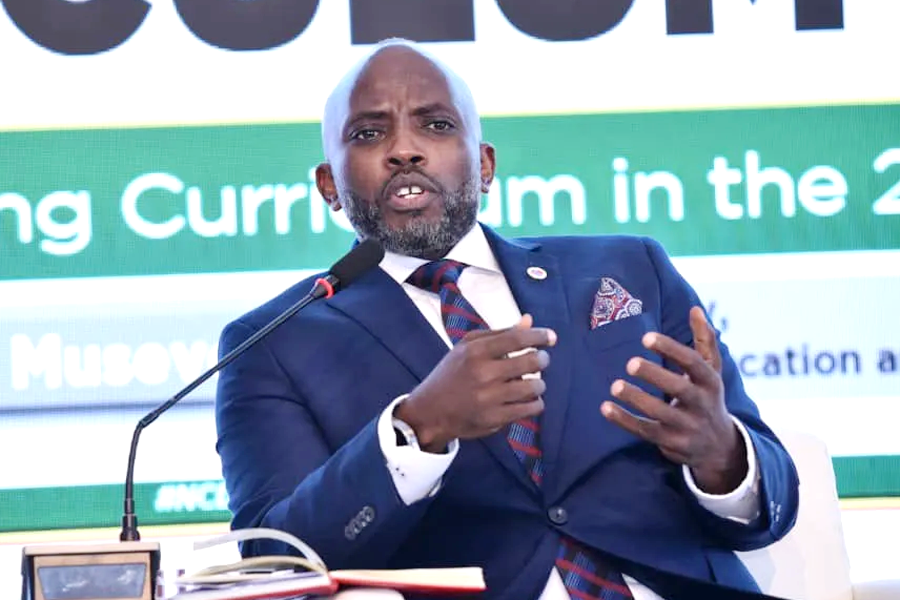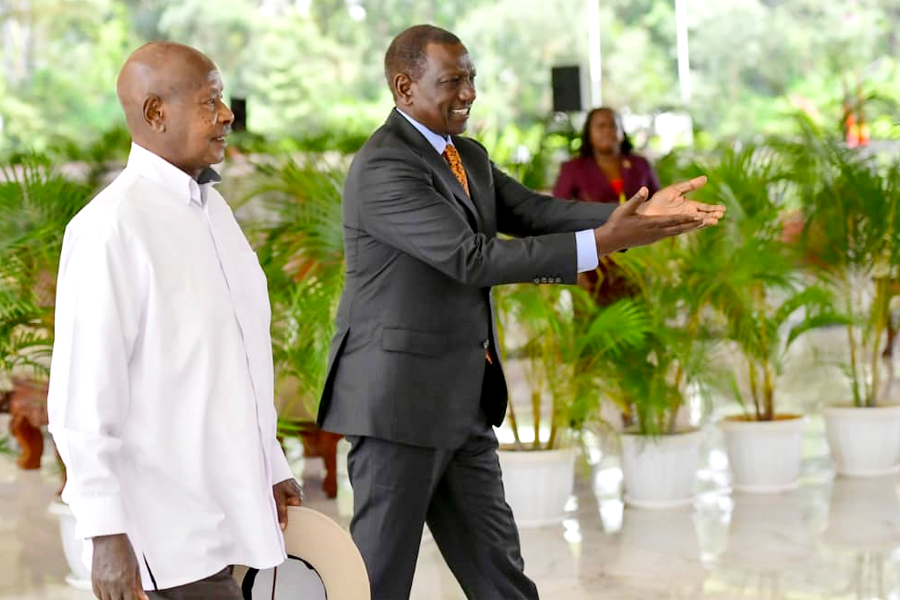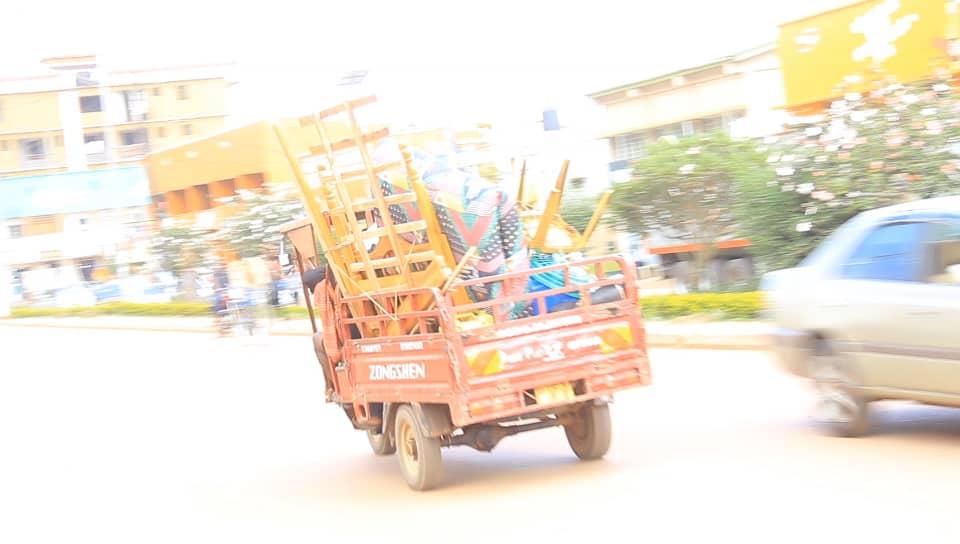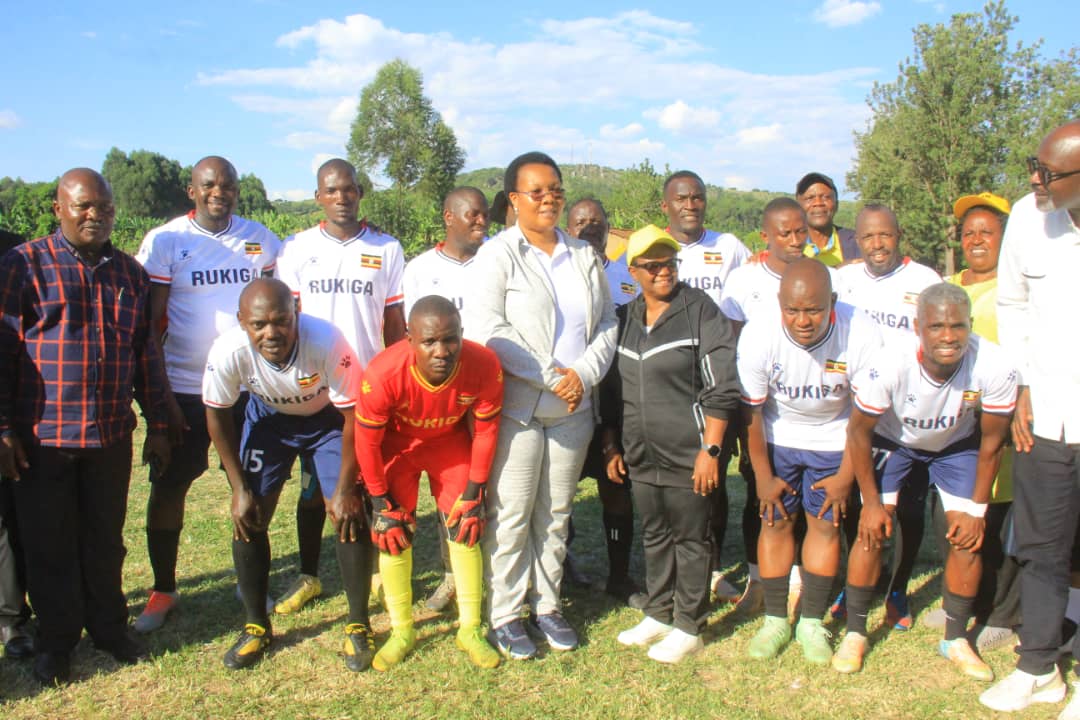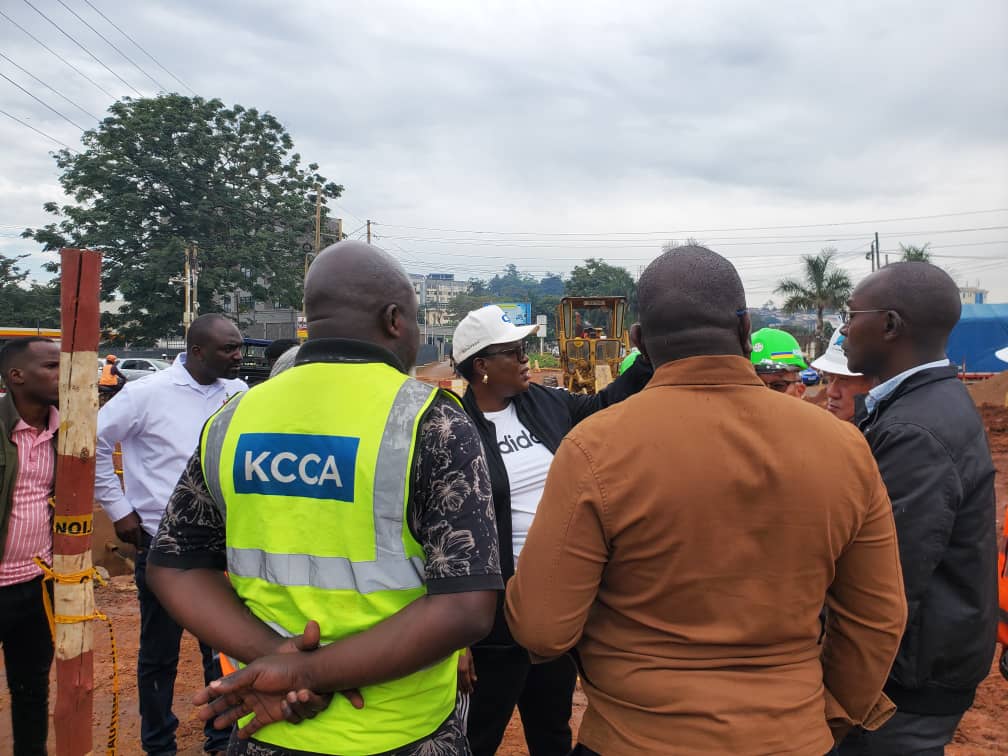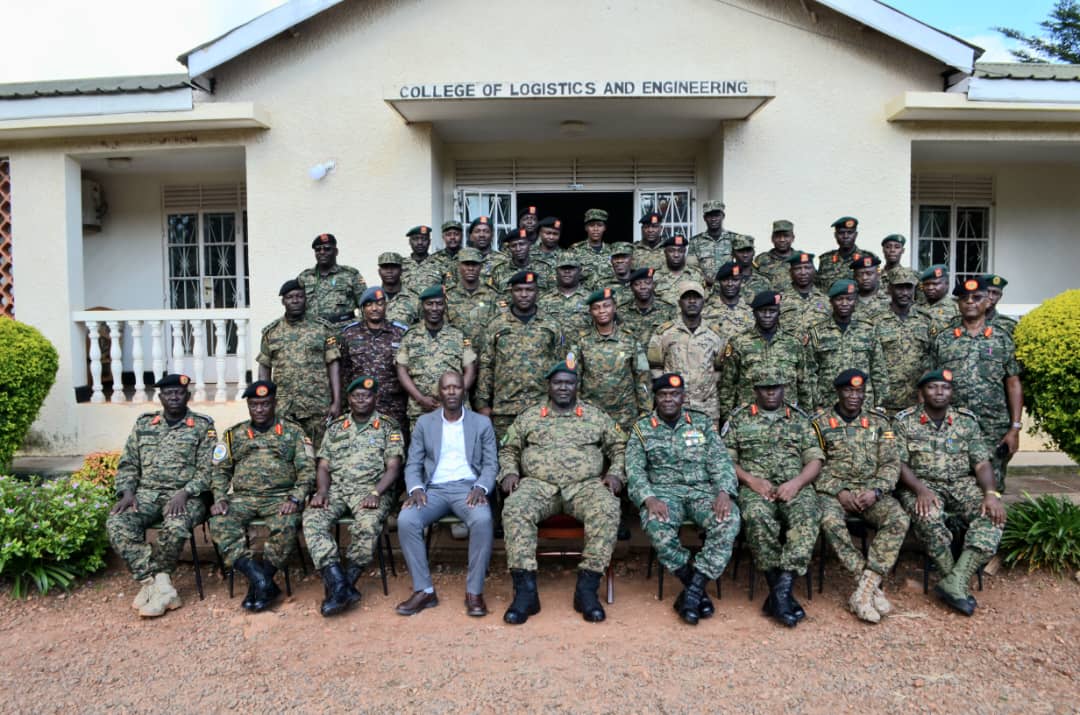New Curriculum in Ugandan Schools: A Tale of Two Realities as Bukomansimbi schools suffer

Uganda's 2021 curriculum overhaul, designed to boost student participation and innovation, faces a harsh test in rural areas like Bukomansimbi district. While the national rollout promises a brighter future, the reality on the ground reveals a lack of resources, leaving educators scrambling.
The Challenge: Rural Schools Left Behind
Keep Reading
Headteachers in Bukomansimbi are particularly worried. The new curriculum heavily emphasizes research and technology - commodities scarce in remote areas.
"Planners didn't consider rural schools," says Geoffrey Alisengawa, principal of St. Joseph SS Butenga. "Students need electricity, computers, internet - all luxuries here."
This sentiment echoes across the district. Joseph Samanya Ssengendo, the deputy headmaster of St. Victor's SS, emphasizes the lack of equipment, while Michael Nsubuga, director of St. Peter's SS Kisojjo, highlights the need for government support. Nsubuga proposes computer donations, a tall order for cash-strapped rural families who struggle to afford even smartphones.
A Glimer of Hope: Potential and Optimism
Despite the challenges, educators see the new curriculum's potential. Alisengawa believes it can transform both students and teachers, given proper resources. Students like Julius Kafaayo, a senior at St. Victor's SS, share this optimism. Kafaayo sees the curriculum fostering creativity and entrepreneurship, allowing students to use their knowledge to solve community problems. He expresses gratitude for the initiative but pleads for materials to succeed.
The Road Ahead: Collaboration is Key
Bukomansimbi's education officer, Patrick Zziwa, acknowledges the hurdles but assures support for teachers in preparing students. Zziwa emphasizes the crucial role of the Ministry of Education in providing resources and ensuring a level playing field for rural schools.
Conclusion: A Collective Effort for Educational Equity
Bukomansimbi's story highlights the need for a nuanced approach to educational reform. As the district navigates these complexities, the unwavering resolve of educators and students offers a beacon of hope. Through collaboration between local authorities, educators, and the government, rural schools in Bukomansimbi can bridge the resource gap and embrace the promise of a brighter educational future for all.


